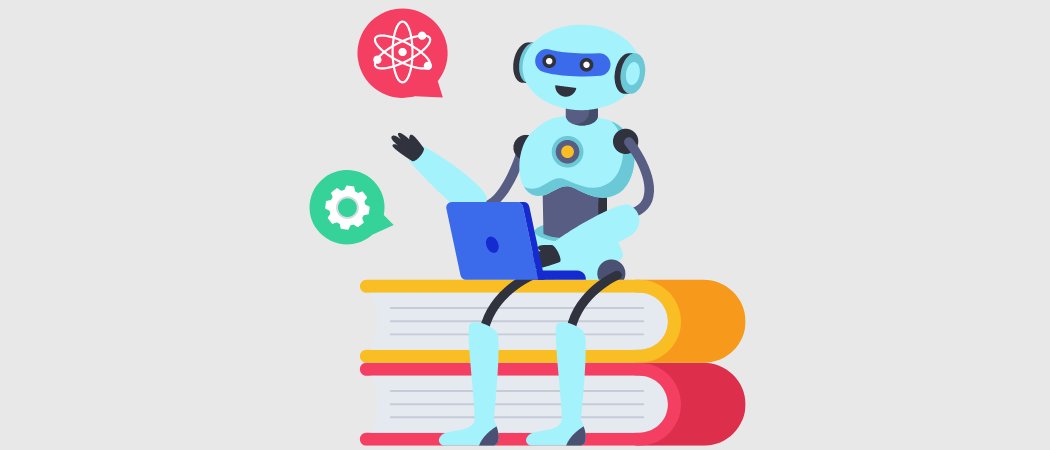Artificial intelligence (AI) is changing how we live and work, and learning is no exception. For universities and colleges seeking AI strategies for student success, tutoring, e-learning, retention, and academics, understanding how AI can be used in education is crucial. This blog post will explore some examples of artificial intelligence in education and how AI is being used.
Personalized Learning
One of the most exciting uses of artificial intelligence in education is personalized learning. Traditional classroom settings often use a one-size-fits-all approach, which doesn’t always work for every student. AI can analyze a student’s performance and learning habits, then tailor the content to fit their needs. This means each student gets a customized learning experience that helps them understand the material better and succeed in their courses.
For example, SimpliTaught, an online learning platform, uses a combination of AI and Machine Learning. It studies student learning behaviors and tailors unique and customized content to a student’s preferred learning style. Think podcasts, short YouTube videos, infographics, blogs, and documentaries.
Intelligent Tutoring Systems
Intelligent tutoring systems are another way artificial intelligence is transforming education. These systems use AI to provide students with personalized tutoring outside the classroom. They can offer instant feedback and help on assignments, track progress, and identify areas where the student needs improvement.
For instance, a student struggling with chemistry can use an intelligent tutoring system that explains concepts in different ways until the student understands. The system can also quiz the student on the material and adapt the questions based on their performance. This constant feedback loop helps students learn more effectively and retain information longer.
Adaptive Learning Technologies
Adaptive learning technologies use AI to adjust the difficulty of coursework in real-time. As students work through a subject, the system can identify which concepts they understand quickly and which ones they need more practice with. It then adjusts the coursework accordingly, providing more challenging tasks to advanced students and extra help to those who need it.
Imagine a student working on a history assignment. If they answer several questions correctly in a row, the system might present more complex questions to keep them engaged and challenged. If they start to struggle, the system can offer simpler questions or additional resources to help them understand the topic better.
Predictive Analytics for Student Retention
Predictive analytics is a powerful tool that uses artificial intelligence to analyze data and predict future outcomes. In the context of education, predictive analytics can help identify students who are at risk of dropping out or failing a course. By analyzing data such as attendance, grades, and engagement, AI can flag students who might need extra support.
For example, if a student frequently misses classes and has declining grades, the system can alert advisors or tutors to intervene early. This proactive approach can help improve student retention rates and ensure that students receive the support they need to succeed.
AI-Powered Administrative Tools
AI isn’t just for students and teachers; it can also streamline administrative tasks. AI-powered tools can handle scheduling, grading, and even answering common student questions. This frees up valuable time for educators and administrators, allowing them to focus more on teaching and supporting students.
For example, AI chatbots can answer frequently asked questions about course registration, deadlines, and campus events. This reduces the workload on administrative staff and ensures students get the information they need quickly.
Enhancing E-Learning
E-learning platforms have become increasingly important, especially in recent years. AI can enhance these platforms by providing more interactive and engaging content. For instance, AI can recommend resources, such as videos, articles, or podcasts, based on a student’s interests and learning style. This makes online learning more dynamic and personalized.
Moreover, AI can analyze how students interact with e-learning materials and suggest improvements to course designers. If a large number of students struggle with a particular module, the AI can flag it for review, ensuring the content is effective and understandable.
Conclusion
Artificial intelligence offers numerous benefits for education, from personalized learning and intelligent tutoring systems to predictive analytics and AI-powered administrative tools. By incorporating AI into your institution, you can enhance student success, improve retention rates, and create a more efficient and effective learning environment. As decision makers in universities and colleges, embracing these AI innovations can help you stay ahead in the rapidly evolving educational landscape.




